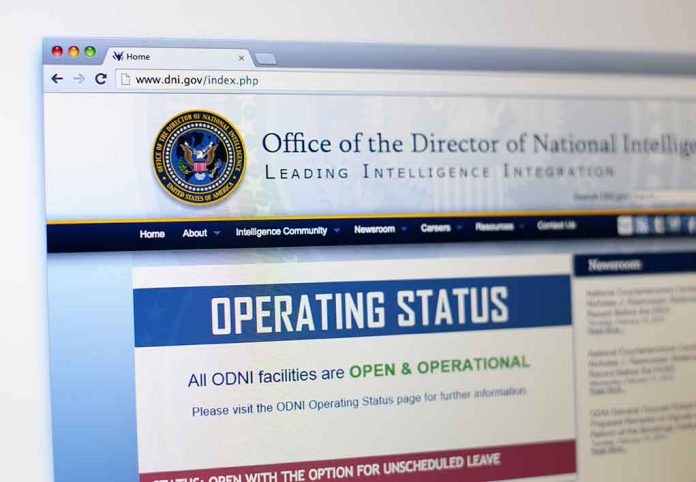
President-elect Donald Trump has nominated former Democratic congresswoman Tulsi Gabbard as Director of National Intelligence.
At a Glance
- Trump nominated Tulsi Gabbard, former Democratic congresswoman, as Director of National Intelligence.
- Gabbard left the Democratic Party in 2022 and joined the Republican Party.
- She has a military background but lacks intelligence experience.
- The position requires Senate confirmation.
- Trump praised Gabbard, saying she has bipartisan support and a commitment to constitutional rights.
Trump’s Choice for National Intelligence Director
President-elect Donald Trump has nominated former Democratic congresswoman Tulsi Gabbard for the role of Director of National Intelligence. Gabbard, who served in Congress from 2013 to 2021 representing Hawaii, has undergone a significant political transformation in recent years, leaving the Democratic Party in 2022 and aligning herself with Republicans.
In announcing his choice, Trump said, “For over two decades, Tulsi has fought for our country and the freedoms of all Americans. As a former candidate for the Democratic presidential nomination, she has broad support in both parties — she is now a proud Republican!”
If confirmed, Gabbard would oversee all 18 of the nation’s intelligence agencies. However, some have been critical of her nomination due to her lack of experience in the area.
Trump nominates Tulsi Gabbard to be Director of National Intelligence https://t.co/ODe9O8N0i7
— WPTV (@WPTV) November 13, 2024
Gabbard’s Background and Political Journey
Tulsi Gabbard’s political career has been marked by several notable achievements and shifts. She was the first Samoan-American member of Congress and the first Hindu elected to the House of Representatives. Gabbard also has a distinguished military background, serving over two decades in the Army National Guard, including deployments to Iraq and Kuwait.
Gabbard’s journey from the Democratic Party to the Republican Party has been marked by her criticism of what she calls an “elitist cabal of warmongers” controlling the Democratic Party. Her opposition to U.S. involvement in foreign conflicts, particularly in Syria and Ukraine, aligns closely with Trump’s foreign policy views.
Qualifications and Controversies
While Gabbard’s military experience is noteworthy, her lack of direct intelligence experience has raised questions about her qualifications for the role of Director of National Intelligence.
Gabbard’s stance on various issues, including her criticism of the Biden administration’s handling of Ukraine and NATO relations, aligns closely with Trump’s views. This alignment has led to speculation about the potential impact on U.S. foreign policy and intelligence operations if she is confirmed for the position.
The Confirmation Process and Future Implications
The position of Director of National Intelligence requires Senate confirmation, which may prove challenging given Gabbard’s controversial stances and lack of intelligence experience. The confirmation process is likely to scrutinize her qualifications and her alignment with Trump’s vision for national security and intelligence operations.
Gabbard spoke with Fox News’ Jesse Watters, saying, “We had a great conversation and talked a little bit about the work that needs to be done and I was grateful and honored to accept President Trump’s offer to serve our country and support his objective to defend the safety, security and freedom of the American people as the Director of National Intelligence.”
If confirmed, Gabbard’s appointment could signal a significant shift in the approach to national intelligence, potentially aligning more closely with Trump’s stated goals of overhauling national security and intelligence agencies.
Sources
- Trump taps former Rep. Tulsi Gabbard to be director of national intelligence
- Tulsi Gabbard Speaks Out After Trump Picks Her for Intelligence Role
- Why is Tulsi Gabbard, Trump’s new intel tsar, so controversial?
- Trump names former Rep. Tulsi Gabbard for director of national intelligence














